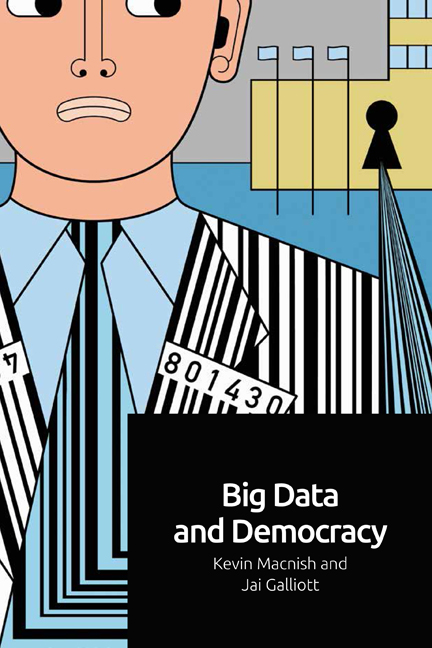Six - Twitter and Electoral Bias
Published online by Cambridge University Press: 17 October 2020
Summary
Introduction
The recent general elections in Germany were anticipated with some anxiety. Fake accounts and social bots, filter bubbles and echo chambers, foreign propaganda machineries and campaign micro-targeting called the neutrality, inclusiveness and permeability of the digital public spheres into question. In this chapter, we argue that these qualities of public spheres are important to enable and support three functional dimensions of democracies: the aggregation, control and social integration dimension. Without neutral, inclusive and open public spheres, the aggregation of individual interests or beliefs about the common good are likely to be distorted, the control of political institutions loses effectiveness, and the solidaristic commitments of the citizens may deteriorate.
While most of the worries in the run-up to the elections were exaggerated, fragmentations between online and offline public spheres remain. In distinguishing between first-, second- and third-order digital divides, we are able to analyse these fragmentations and show their prevalence in the general election . We interpret electoral biases in social media as manifestations of inequalities on information access and online political participation.
By comparing Twitter information streams and trends with media coverage in traditional media (especially the online presence of nationwide newspapers and TV/radio), we demonstrate three perspectives of electoral bias influenced by Twitter: the relevance of (1) Twitter as an arena for political debates; (2) manipulation by automated social media accounts on Twitter; and (3) differences on the topic agenda between Twitter and traditional media.
We conclude that, first, one-to-many communication forms are still the main arenas for agenda-setting, information allocation, editing and gatekeeping; secondly, that automated accounts are not yet a dominant issue in German election campaigns; and finally, the data suggest that social media debates are not representative of public opinion.
Participation in Democracy
Democratic theories do not typically value democratic institutions for their own sake, but assign them an instrumental function for achieving other values, such as human rights (Christiano 2011), individual self-determination and autonomy (Christiano 2011), fundamental equal status (Rawls 2001: 18–21), or even an epistemic value for political decision-making (Habermas 1989). In order to fulfil these functions, democracies have to be able to (a) aggregate individual interests and/or individual political beliefs, (b) provide for effective control of political power, and (c) accomplish at least a basic form of social integration.
- Type
- Chapter
- Information
- Big Data and Democracy , pp. 89 - 103Publisher: Edinburgh University PressPrint publication year: 2020



